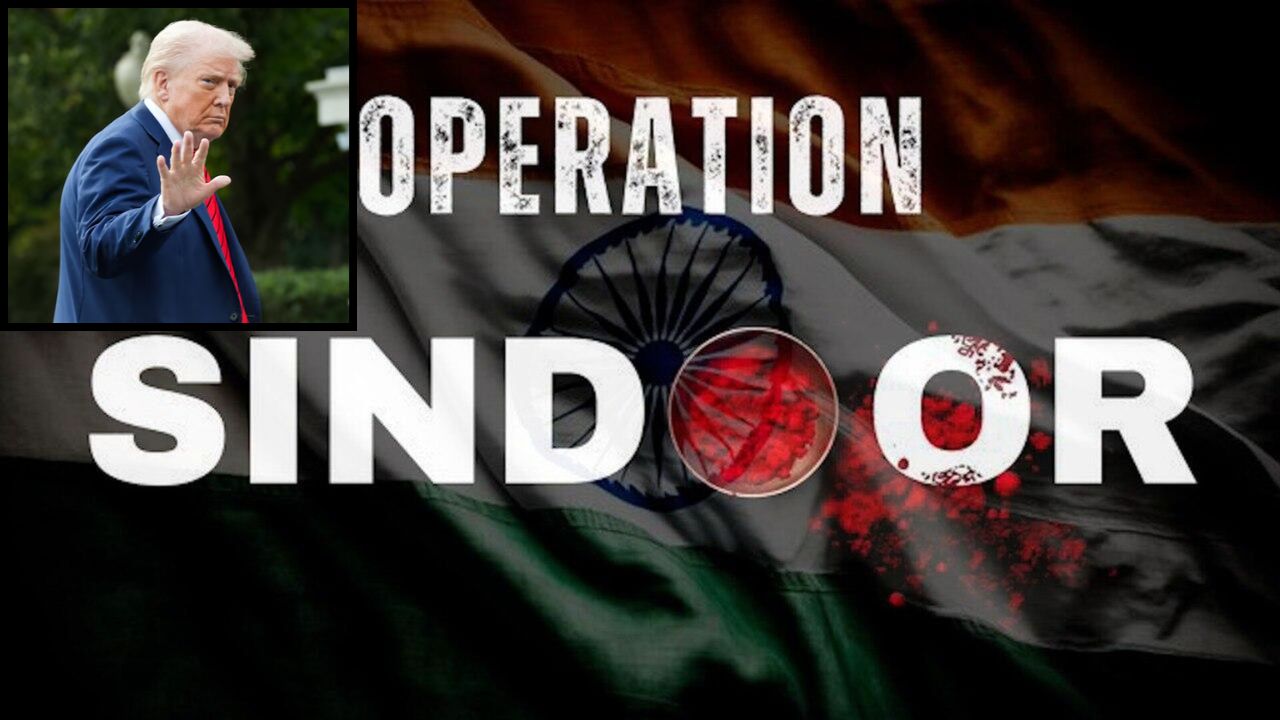 English
English

Donald Trump revives his claim that India and Pakistan were “ready for war” until he intervened- saying he “didn’t do it for the Nobel Prize.” What exactly did Trump mean this time, and why is he repeating the claim now?

Trump said his efforts were not motivated by a desire to win Nobel Peace Prize
Washington: US President Donald Trump has once again asserted that his administration's threat to impose steep tariffs- ranging from 100% to 200%—on both India and Pakistan played a pivotal role in de-escalating tensions between the two nuclear-armed nations earlier this year.
Speaking during a trip to the Middle East, Trump referred to the recently brokered Gaza ceasefire as the eighth conflict he claims to have resolved during his time in office.
He emphasized that his efforts were not motivated by a desire to win the Nobel Peace Prize, dismissing the accolade by asserting his actions were for the sake of peace, not recognition. Trump also repeated his earlier claims regarding the use of tariffs as a diplomatic tool in easing tensions between India and Pakistan, suggesting that economic pressure contributed to de-escalation.
“I settled a few of the wars just based on tariffs. For example, between India and Pakistan, I said, if you guys want to fight a war and you have nuclear weapons, I am going to put big tariffs on you both- 100 per cent, 150 per cent, even 200 per cent," Trump said while speaking to reporters en route to Egypt for a peace summit where a truce between Israel and Hamas is expected to be finalised to end the two-year-long war in Gaza.
Trump emphasized that this approach led to a resolution within 24 hours, asserting, "Without tariffs, you could have never settled that war."
The heightened tensions between India and Pakistan were triggered by the Pahalgam terror attack in South Kashmir on May 9, 2025, which resulted in 26 fatalities. In response, India launched Operation Sindoor, a retaliatory military operation. The situation escalated rapidly, bringing the two countries to the brink of war.
US officials, including Secretary of State Marco Rubio and Vice President JD Vance, intervened by reaching out to Indian and Pakistani leaders to encourage direct talks and de-escalation. This diplomatic pressure culminated in a complete ceasefire announced on May 10, 2025.
Wikipedia
The Indian government has consistently rejected any claims of foreign intervention in its national security operations. India maintains that the ceasefire was a result of bilateral discussions between Indian and Pakistani officials, without external mediation. The Indian Ministry of External Affairs has not commented on Trump's recent statements.
Trump slams China’s ‘Rare Earth’ export curbs, warns of economic retaliation
Trump's administration has previously employed tariffs as a tool to influence international relations. The U.S. has threatened to impose 100% tariffs on Chinese imports starting November 1, 2025, in response to China's restrictions on rare earth mineral exports. China has warned of retaliation, indicating a potential escalation in trade tensions.
While Trump's assertion that tariffs prevented a war between India and Pakistan remains contentious, it underscores the broader strategy of using economic pressure as a diplomatic tool. The effectiveness and ethical considerations of such an approach continue to be subjects of debate in international relations.